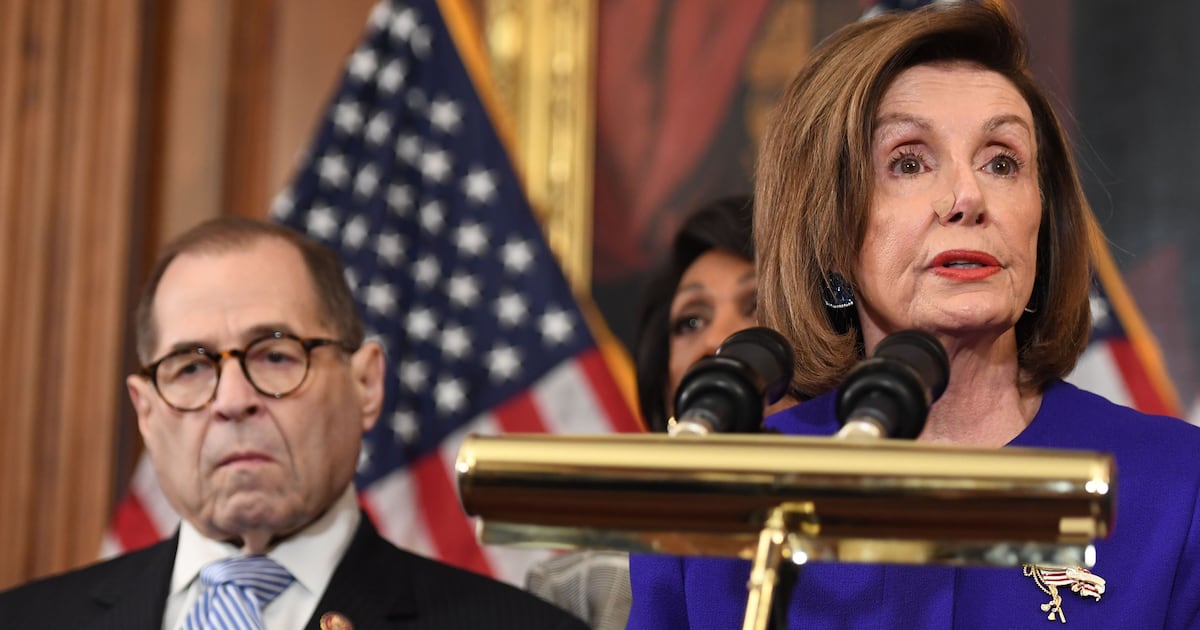The headline should be striking: "U.S.A. Stops Illegal Immigration from Mexico" in its tracks.
That’s an underlying insight in a study by the Pew Hispanic Center released days before the Supreme Court heard arguments over the controversial Arizona illegal-immigration law.
It represents a rare success on a contentious culture-war topic, driven in large part by economic trends that have driven down demand for undocumented labor but also by dramatically increased border enforcement under President Obama. The bottom line: a four-decade flood of illegal immigration through our southern border has been slowed to a trickle.
ADVERTISEMENT
If this happened under a Republican president, conservatives would be celebrating. But because it has happened under Obama, the reaction has been awkward silence—from liberals as well. The facts don’t fit the established narrative.
All of which places this week’s Supreme Court hearing over the controversial (and often mischaracterized) Arizona illegal-immigration bill in an ironic light.
The law has been a lose-lose for the GOP. Its passage has torpedoed Republican approvals ratings with Latino voters—and possibly turning Arizona into a 2012 swing state—while making no impact on the actual problem it sought to address, because it hasn’t been enacted. Simultaneously, the problem is showing signs of being solved—at least for now.
The numbers are staggering:
• 1.5 million deportations in the last four years, a record high.• A 70 percent increase in the number of convicted criminals deported.• Arrests at the border up 14 percent in the past two years.• An 85 percent increase in border agents since 2004.• 31 percent more drugs and 63 percent more weapons seized at the border.• 650 miles of border fence now completed.
It’s true that many of these efforts began under President Bush—but President Obama has increased funding and accelerated enforcement. The talk-radio crowd just doesn’t want to face those facts because it contradicts their stereotypes.

I was down at the Arizona border a few weeks ago and saw the impact for myself. I drove through three checkpoints in the Sonoran Desert in just a few hours and passed more border patrol units than I could count. Right now, I’d guess that we have more federales at the southern border than at any time since Woodrow Wilson sent Black Jack Pershing to push back Pancho Villa.
In a different, more sane, political time, perhaps this would be celebrated as a strategic coup—President Obama pulling a Nixon-in-China on the issue of border security and illegal immigration. But there is no talk of triangulation; instead just a fact-defying rush to reinforce old narratives.
Here’s Mitt Romney six months ago: “Three years ago, Candidate Obama promised to address the problems of illegal immigration in America. He failed. The truth is, he didn’t even try.”
It is fair to point out that President Obama didn’t try to pass a comprehensive immigration bill. George W. Bush was the last president to attempt it, and Mitt Romney opposed it in a 2008 pander to the far right. The word amnesty would have been slapped on anything President Obama did on this front—hell, Reagan looks like a lefty on this issue now—and so Obama chose to increase enforcement and funding instead. This falls under the category of deeds, not words.
There is some political risk in the president’s decision to get tough on deportations—ironically, from the left, particularly among immigration activists and members of the Latino community who know deportees personally. But because Romney chose to tack to the right of even Rick Perry on illegal immigration—slamming the border-state governor for backing the DREAM Act—tacking back to the center would be difficult even for this proven political contortionist. And so Romney’s current 40-point Latino vote gap is likely to endure for the foreseeable future, unless it is ameliorated by a Rubio-esque VP nominee.
Border security is a perfect example of what should be seen as a bipartisan responsibility. We should be able to agree on increasing legal immigration to our nation while decreasing illegal immigration. Here we have a rare example of data-driven good news—a long-standing problem showing signs of being solved. Again, the driving factor might be the supply and demand of economics—but aggressive enforcement is helping as well by literally raising the barriers to entry. It’s too bad we can’t recognize the progress because we are so preoccupied with the same old partisan spin in a political world where narratives matter more than facts.






